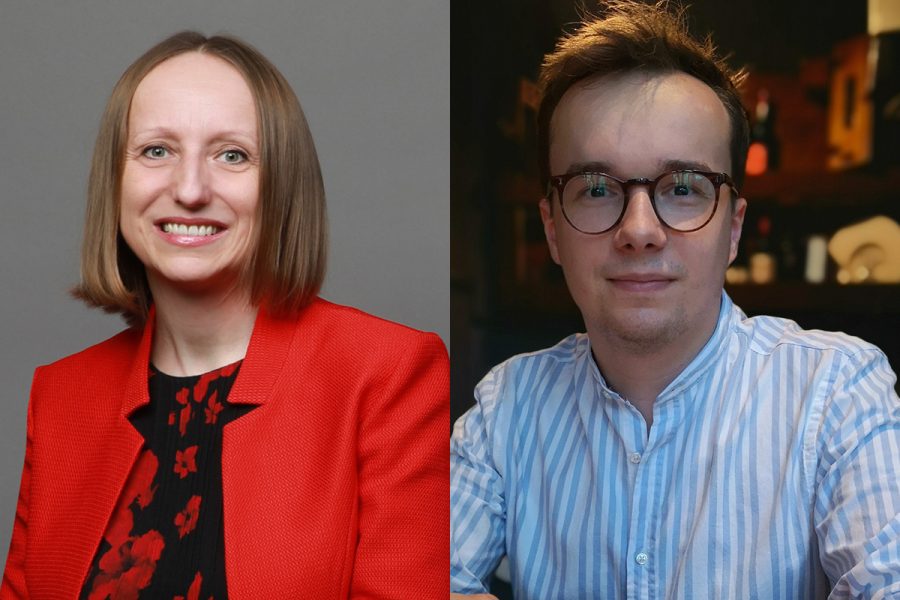As Sir Keir Starmer’s government marks its first month in office with its 174-seat majority, many UK businesses eagerly await the new government’s policies on their sectors. For the creative industry, the waiting includes how immigration policies will help address skills shortages through domestic and international recruiting.
According to the May 2024 report published by the University of Arts London (UAL), the UK is still considered a global powerhouse in the creative industry and a major employer, contributing £124.6bn to the country’s economy in 2022 alone. The combined spending on film and high-end television production in 2022 reached £6.27bn, the highest ever reported, and £1.83bn more than pre-pandemic levels.
The new Labour government should be aiming to not only keep these figures but also increase them. The success will depend on many policies, but amongst them solutions that will allow UK to remain competitive on the global stage by attracting the best international talent and encouraging them to bring their expertise and fresh perspectives. Sound immigration policies will go a long way in addressing frequent skills shortages in specialised areas such as digital arts, film production and game design
Additionally, the creative sector relies heavily on international collaboration. Simplifying immigration policies can facilitate better partnership between UK-based creatives and their international counterparts, leading to greater collaborative projects, co-productions, and exchange of ideas.
By supporting the creative sector through better immigration agreements with the EU, the Labour Party can enhance the UK’s soft power, promoting British culture worldwide and strengthen international relations. The Government should remember that it faces stiff competition, as other countries increase their investments in this industry. Saudi Arabia and Spain, for example have invested in new state-of-the-art studios and created dedicated funds to support them.
How can the government help grow the creative sector
The Labour Party’s manifesto outlined several immigration plans, including making it less cumbersome for British artists to tour the EU, but did not outline details of how this can be achieved. Encouraging the EU or each member state individually to adopt a scheme that introduces the work permit waivers like those currently available in France and Spain would be a good starting point. However, those discussions cannot be one way and reciprocity will be critical. The UK will have to offer EU countries the same work permit exemptions for European cast and crew.
The manifesto outlined that there will be ‘a fair and properly managed immigration system’ with a planned reform of the points-based immigration system. Even though there are no specific details of the exact changes yet, it is clear that the new government would like to address the increasing skill shortages, especially visible in the creative industries.
Brexit is still impacting businesses across the UK. According to the same report by the UAL, issues and concerns related to skills shortages have become a primary concern to many employers in this sector, with almost half of the creative businesses surveyed stating that the current migration system was holding back their ability to do business. Recent rise in the salary thresholds for sponsored work visas categories will most likely contribute to these shortages.
Even though the Labour Party stated that it plans to reduce overall net migration, further details of the exact scope of the immigration reforms are expected in the coming months. It is confirmed that the new government does not plan to introduce caps on any work routes, including Creative Worker visas.
What’s next?
As business sectors await to see the rollout and implementation of any major changes in immigration policies, it is safe to say that the new government is moving in the direction of economic growth and given the importance of the creative sector, it is unlikely to be overlooked.
Both immigration and the creative industry are currently in the spotlight and the next few months will bring further developments.
By improving immigration policies for the creative sector, the Labour Party can ensure that the UK remains a vibrant, innovative, and economically strong nation with thriving cultural landscape.
Kasia Pinska is a Practice Leader and Milosz Skorupski is an Associate in the London office of Fragomen, one of the world’s leading providers of immigration services.


